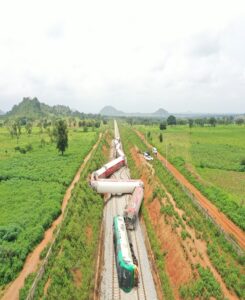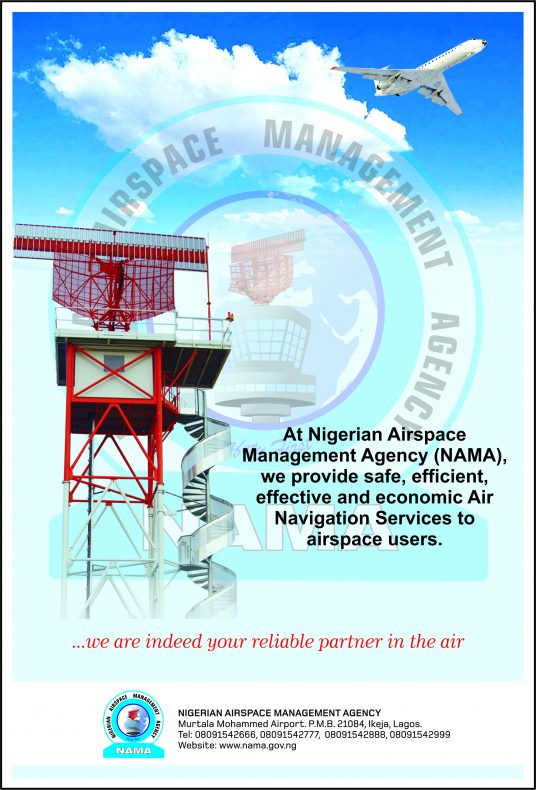
BY ANTHONY OMOH
The Nigerian Safety Investigation Bureau (NSIB) has announced that the preliminary report of the train derailment investigation into the Abuja–Kaduna service accident will be released within 23 days.
Director-General of the NSIB, Captain Alex Badeh Jnr, explained that the Bureau is legally mandated to release preliminary reports of accidents within 30 days.
He stressed that the timeline ensures the public receives verified information quickly while the train derailment investigation continues.
“This entails that we are able to gather all the actual evidence related to the occurrence, at least those that will give us a way forward,” Badeh Jnr said. “So, within 30 days, we should provide you with a preliminary report.”
Funding Constraints Threaten Safety
The NSIB boss used the press briefing to highlight funding shortfalls, warning that lack of resources could undermine investigations. He noted that although the NSIB Act mandates financial support, agencies such as NIMASA have yet to remit required funds.
“It’s never enough,” Badeh Jnr said. “We must train investigators, not just in aviation, but also in rail, maritime, and other sectors. As you’ve seen with this accident, it almost seems like we’re waiting for accidents to happen. What we need is proactive prevention, and that requires more funding.”
He added that essential equipment for technical analysis and extensive training for investigators remain top priorities.






















